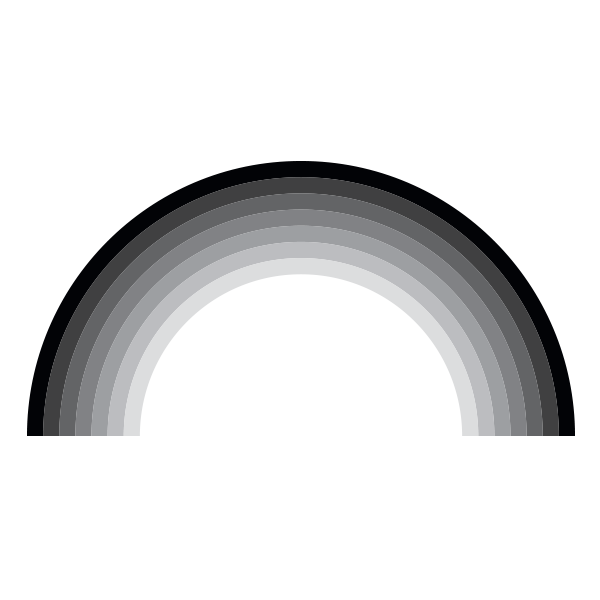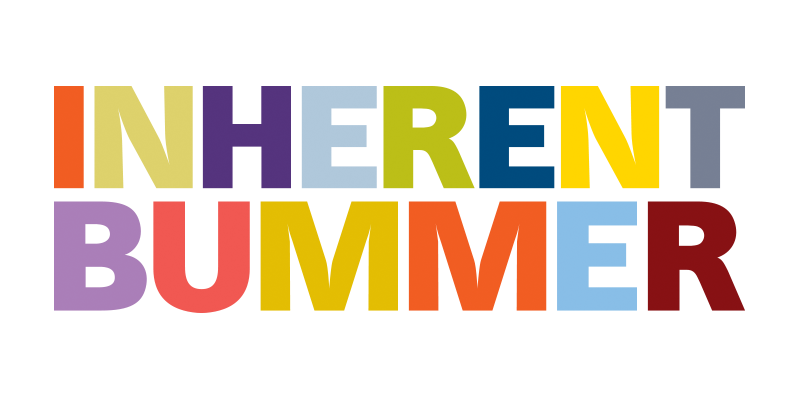Interview with Cliff Kapono
Cliff Kapono is unlike any professional surfer you’ve ever met. He’s an articulate scientist who surfs huge waves, little waves and is so fired up about the ocean, surfing and reefs that he’ll say yes to just about any opportunity to get in the water.
Cliff’s a throwback to another time. Enthusiastic, adventurous, determined and passionate about the ocean. And when I say ocean, I mean every part of it. All of Big Blue. He has the ambitious goal of mapping a million (yeah, that many) reefs for The Mega Lab — his Hilo-based science lab — by 2030. And to do that, he’s going to need all of our help — but once you talk to Cliff, you’ll be ready to enlist in his reef mapping army.
In the coming weeks and months, you’re going to find out just how you can help The Mega Lab from the comfort of your own home break or on your next surf trip. There are easy ways to contribute. And the best part is it involves using a GoPro for another purpose besides gagging on it while you try to get tubed.—Travis Ferré
Inherent Bummer: Where did you come from?
Cliff Kapono: I was born in Honolulu and moved to Hilo on the Big Island when I was 6. I grew up bodysurfing and bodyboarding more than stand up surfing on the Big Island and right before high school I started to stand up surf on short boards.
My first board was a Donald Bennet single fin lightweight bolt but it was a little to hard for me to maneuver at the time so I ended up learning on a 6'4" Bob Pearson Broken Arrow. The local wave is pretty weak so learning how to generate speed from a bigger board really helped in the early days. Surfboards weren't that widely available in my town so we would get resourceful and burrow and trade boards. I even had a Franken-board that had a nose from another board. That being said, the lineups were pretty orderly and there were always more waves to go around than not.
What is MEGA Lab?
MEGA Lab stands for the Multiscale Environmental Graphical Analysis Lab. It's a non profit research group that develops ocean technology to protect our oceans and provide it to communities who need it the most.
One of the main focuses of MEGA right now is to map reefs across the world in 3D. We plan to map 1,000,000 reefs by 2030 with our Map2Adapt initiative.
I spend a lot of time working with the MEGA Lab to bring more surfers, skaters and artists into science. It's pretty rad, we've even gotten surfers like PR's Dylan Graves, Puerto Escondidos' Marcial Monreal and Kauai's Maluhia Kinimaka to party with us.
How would you describe your career to someone ya just met and who doesn’t know much about surfing?
I am a surfer who travels the world in search of beautiful waves and innovative ways to be a better citizen of our oceans. I work with partners within the surf and science industry to both share develop conversation around environmental stewardship.
What do you hope to bring to surf culture?
I hope that I can be someone that helps to normalize being a thinker doesn't make you less of a surfer. Seeking knowledge is cool to me and I sometimes feel that many people think surfing isn't about thinking. Many of us say it's more about feeling, which I agree, but that doesn't take away that a little thinking needs to take place sometimes. Tides, swell, board design are all very thoughtful processes we engage in within the surf culture. If I can be someone who helps inject a bit of science into the culture through my surfing and research, then I'd be super proud.
The Mega Lab is unlike any science community or brand for that matter. What motivated you to make something so unique?
John Burns is a good friend of mine and is super integral in the development and operation of MEGA.
When we were both in college we would dream of one day that if given the opportunity we would create a science research group that was more like a surf brand. An establishment that pays people to surf and do science. A team that understands the value of both big ocean tubes and little test tubes.
After graduating we talked more about it and said fuck it, let's just make it ourselves.
How would you describe your personal surfing?
I don't really know how to describe it. [I know] it’s very important to me and my family. It's deeply integrated into my identity as a Hawaiian. It means a lot.
Tell us about the community you surround yourself with?
Things have definitely changed over the last few years as I am getting older. It's weird because before I was always the youngest of the crew but as my friends started to settle down and take on more responsibilities, I spend more time chasing waves alone.
Brandan Ahuna has always been an older brother to me. He showed me how to surf technically difficult waves at home. He dragged me out in days that I didn't want to surf and I will always be grateful to him for that. Isaac Michaels is another amazing older brother who can ride anything with style from a 10-foot glider to a 5'2" mini Simmons. They don't get to chase with me too often now, but I still surf with them almost every day at home. My cousin Cameron was my biggest travel partner [too], but he's getting his PhD now so he's been pretty locked up in the books.
My crew I chase waves with now consists of a lot of younger guys. I have a few numbers on my phone who I ask if they want to pull trigger to find waves. Sometimes they jump on the mission, sometimes they don't. But to be honest, for the most part I spend more time with my family than I do with surfers.
Who is doing something you admire or psyches you up?
I recently went on quite a few trips with Kauai's Bryce Baker. He's a local Japanese [surfer and artist] with insane style. It isn't often you meet someone in the surf who can surf 2 to 20 foot. Anything from Rincon on a 5'6 Trevor Gordon to a 10'0" Terry Chung at maxing Hanalei. He is also an insane artist. He is on a killer nomadic journey traveling around the world sharing his art on canvas and also in the surf. I feel surfing has been so driven towards the commercialization of the sport that characters like Bryce are falling between the cracks. I know he doesn't really care about the lime light but I feel that selfishly we need more Bryce Bakers in surfing right now.
What is your current relationship like with “surf competition?”
This is a tough one because I never really competed growing up. I did read a lot of magazine so I followed the tour that way. Now with social media I get so bombarded with ESPN style highlights and spins and claims that I get anxiety around it. The last few years I have been super honored to be invited into some specialty events as a competitor and also as a commentator on others so I am not anti-competition, I am more pro non-competition I guess.
What do you listen to in your car if you have to run an errand that takes 45 minutes?
I usually litsen to podcasts when I do my yard work. It takes me about an hour. I usually cycle between Water People, Team Deakins, The Surfers Journal, NPR, and basically search whatever I am interested at the time. Sometimes it's block chain and other times its space exploration.
It’s an average Tuesday, couple waves around, what’s your day look like beginning to end?
I'm usually up pretty early — before sunrise, I check emails since Hawaii is a bit behind everyone else in the states. Make sure the fam is all taken care of. If I get the green light I check the surf and get a few waves before heading into the lab where I check in on our projects that we are activating. Maybe edit a few films to spam the internet with social content and finish the day off at the beach again with the fam.
Who’s has your favorite style?
Style Master Prince Jonah KuhioKalaniana‘ole.










